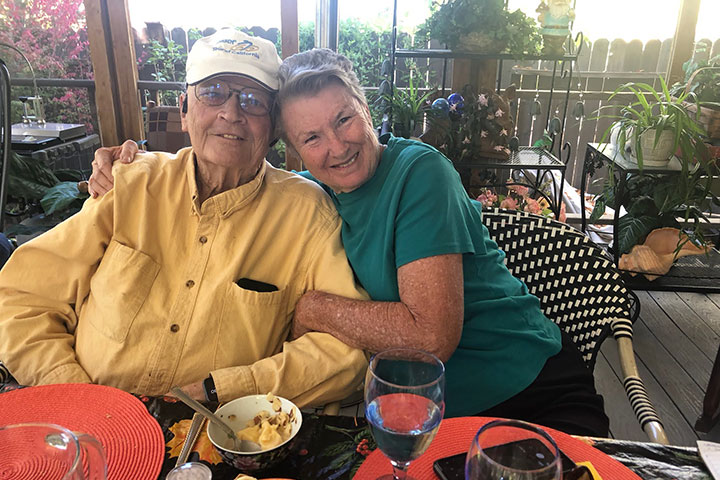Facing the Challenge: My Inspiring Journey Through Pancreatic Cancer

The journey through a health crisis can be daunting, but for pancreatic cancer survivor Robert Wagar, it began with a simple medical journal article that his wife, a registered nurse, discovered. This pivotal moment led to a series of tests that ultimately saved his life. With a family history of pancreatic cancer, Wagar took proactive steps that would uncover a hidden threat and change his fate.
Understanding the Risks from Family History
In a small study involving 40 participants with no symptoms but significant family histories of pancreatic cancer, researchers found that 16 individuals had lesions on their pancreas after MRI scans. Out of these, five patients underwent surgery, revealing serious conditions including pancreatic carcinoma in three cases and intraductal papillary mucinous neoplasia (a precancerous condition) in two others.
Proactive Measures Based on Family History
Given that both of Wagar’s parents had succumbed to pancreatic cancer, he sought an MRI despite being asymptomatic. The scan revealed a lesion, prompting further investigations at a local VA hospital in Florida. During a scheduled trip through Texas in August 2015, Wagar consulted with Dr. Matthew Katz at the renowned MD Anderson Cancer Center in Houston. After a thorough evaluation, Dr. Katz recommended monitoring the lesion with periodic follow-ups.
For two years, Wagar underwent regular MRI and CT scans, blood tests for tumor markers, and endoscopic procedures, which included fine needle aspirations. However, by the fall of 2017, imaging revealed concerning changes in his pancreas, despite the absence of symptoms. This led to a crucial decision to proceed with a Whipple procedure under Dr. Katz’s care, which included a subtotal pancreatectomy.
A Positive Outcome Against the Odds
During surgery, physicians discovered significant dysplasia in Wagar’s pancreas and identified an area of carcinoma in situ, indicating early-stage cancer that had not yet spread. Fortunately, there was no involvement of lymph nodes, and cancer cells had not escaped. The good news? Wagar emerged from the surgery cancer-free, requiring no additional treatments.
Grateful for Early Detection
Wagar’s journey was deeply influenced by the medical article that highlighted the importance of screening for those with a family history of pancreatic cancer. He expresses immense gratitude for Dr. Katz’s expertise, continuing to have regular check-ups every six to twelve months. Moreover, his experience prompted both of his brothers to undergo CT scans, which thankfully revealed no issues.
In conclusion, Wagar emphasizes the significance of being aware of family medical histories, which can be a vital factor in early detection and treatment. His story serves as a reminder that proactive health measures can lead to life-saving outcomes.
Why Family Medical History Matters
Understanding your family medical history is crucial for identifying potential health risks. It can guide you and your healthcare provider in making informed decisions about screenings and preventive measures. To learn more about the importance of family history and genetic mutations, visit this resource.






